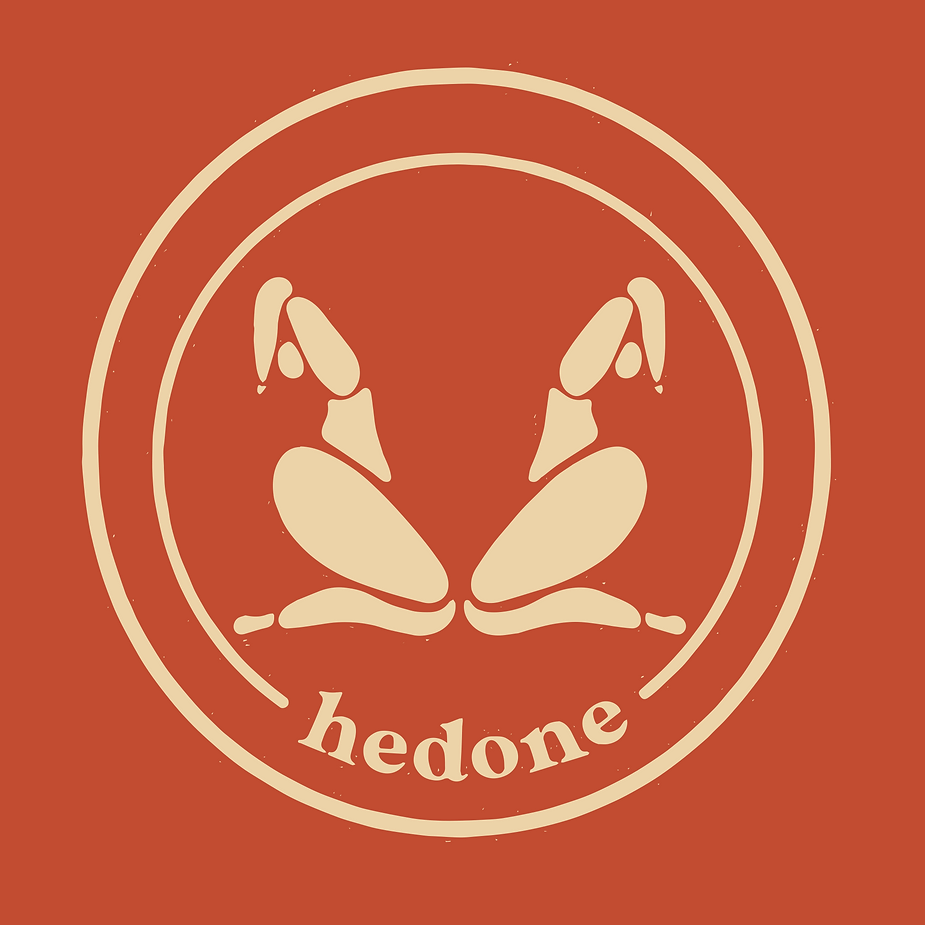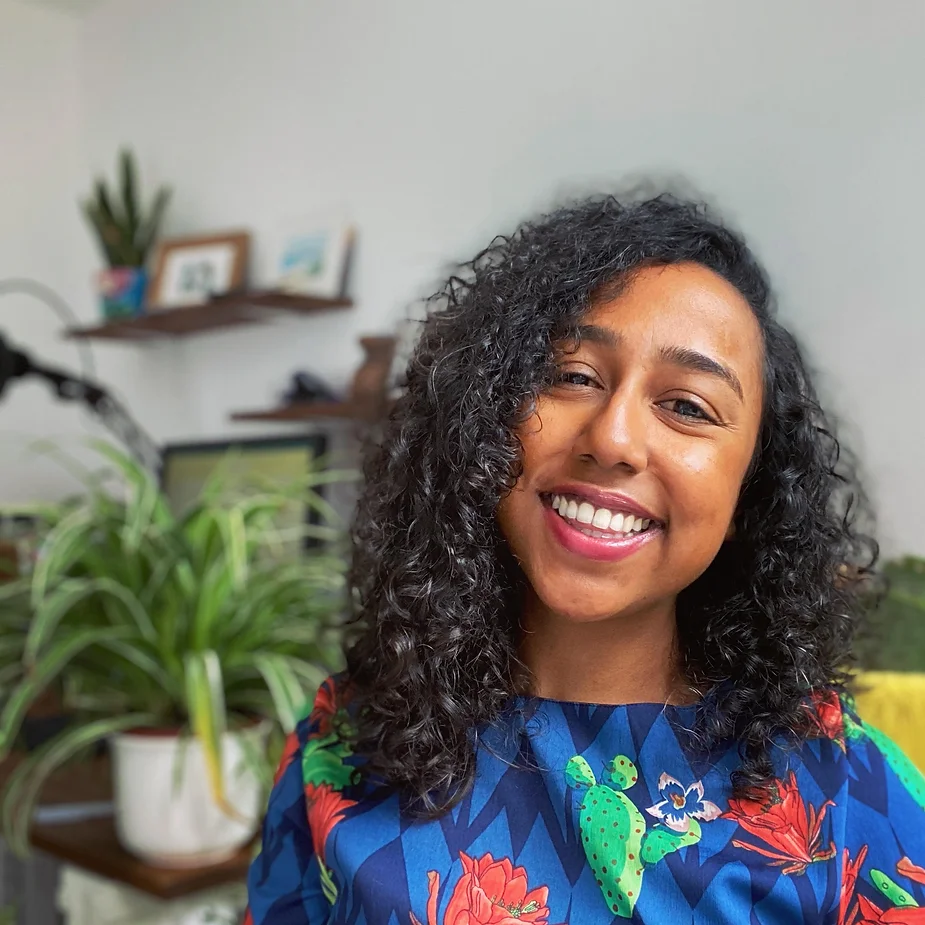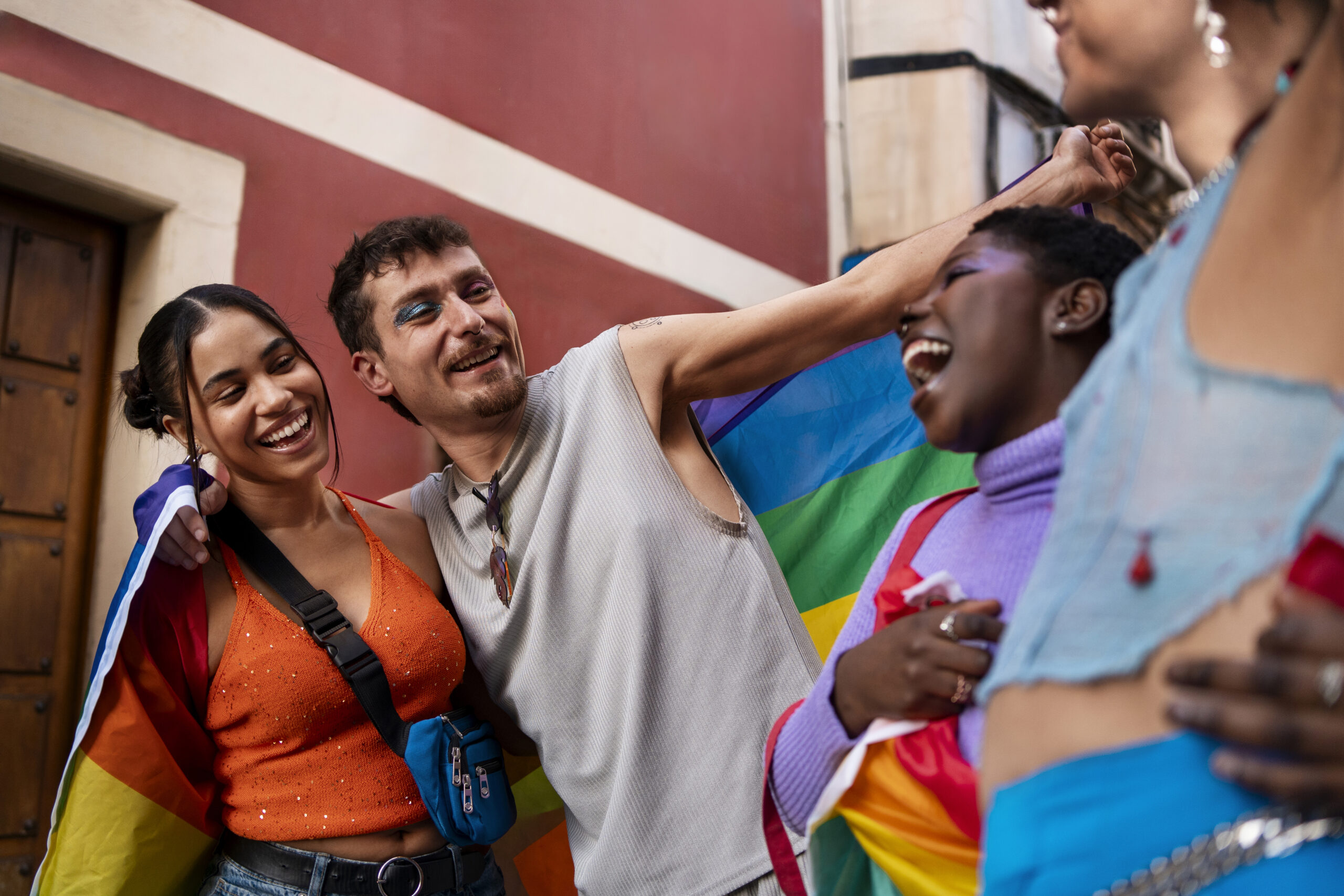How do you define pleasure for yourself?
The conversation around pleasure often gets boxed into one that revolves around everything sexual. Take a second to think about it. Even as we called for submissions for the Hedone zine in 2020, the pitches we received mainly focused on sexual pleasure. If you Google the term alongside whatever subject you’d like to investigate, you’ll probably get the same results.
When did pleasure become synonymous with the sexual?
I completely understand why this happened. In my own circles I know that when we speak of pleasure, it’s often with the lens of sex positive feminism. Before this year I was doing the same thing: using the word “pleasure” to refer to being spanked, receiving multiple orgasms, or enjoying a deep kiss with a partner. Very seldomly did I think of things like sitting out in the sun with some fruit, playing with my friends or taking a leisurely nap as pleasurable. I was fortunate enough to be a part of a convening last year that allowed me to start thinking critically about the ways I spoke about pleasure, and I hope to bring others into that conversation.
My concept of pleasure is deeply rooted in my reading of Audre Lorde’s essay “The Uses of the Erotic”, which I will quote below:
“When I speak of the erotic, then, I speak of it as an assertion of the lifeforce of women; of that creative energy empowered, the knowledge and use of which we are now reclaiming in our language, our history, our dancing, our loving, our work, our lives.”
Creative energy empowers. Creative energy that allows us access to infuse pleasure into every aspect of our lives, expands the ways in which we think about communal care and explores the shadows of pleasure work, pushing us to identify what works for us based on how it makes us feel.
There is so much treasure contained within the erotic when we think about it outside of the sexual. I honestly don’t feel it would be a reach to say that if we were to place more importance on understanding asexual pleasure, it would make sexual pleasure more explosive for those who engage in it. The knowledge of the erotic empowers us and allows us to evaluate every aspect of our lives. We can ask: what activities, people, work, have we been engaging with that just do not spark any pleasure in us?
This way of thinking can allow us to be grounded in so much more erotic energy, which will help us to know exactly what feels good so we can identify when things don’t align. This is how we begin a process of creating networks of communal care and pleasure that weave rich lives for ourselves.
Lorde’s words say exactly this and so much more.
“When we look away from the importance of the erotic in the development and sustenance of our power, or when we look away from ourselves as we satisfy our erotic needs in concert with others, we use each other as objects of satisfaction rather than share our joy in the satisfying, rather than make connection with our similarities and our differences.”
I expand on my own understanding of pleasure via adrienne maree brown’s ‘Pleasure Activism’, in which the author speaks about mapping our destinies and desires via Lorde’s work and her own. Understanding the expansive power of pleasure is how brown allows herself constant opportunities to continue questioning the value of understanding what we find pleasurable and remaining rooted in that knowledge.
“What would I be doing with my time and energy if I made decisions based on a feeling of deep, erotic, orgasmic yes. How do I find balance in the things that give me pleasure, especially the things that tend to be misunderstood and manipulated by racialized capitalism, such as drugs, sex, drink, sugar?
How do we learn to harness the power and wisdom of pleasure, rather than trying to erase the body, the erotic, the connective tissue from society? How would we organize and move our communities if we shifted to focus on what we long for and love rather than what we are negatively reacting to?
Is it possible for justice and pleasure to feel the same way in our collective body? Could we make justice and liberation the most pleasurable collective experiences we could have?”
Answering some of these questions and more for myself has given me ample opportunity to do this work.
Hedone is a huge pleasure project. It has allowed me and the various contributors to begin or continue our thinking about the room we make for pleasure in every aspect of our lives.
You’ll see as you read through and interact with the work on this website, that we still do speak about pleasure interchangeably with sexual pleasure. That wasn’t an oversight for us, it was part, ‘well, this work is interesting as fuck anyway so let’s go for it!’ and part, ‘Tshego, stop chasing perfection. This is just one part of the conversation.’
I think it’s incredibly important that we continue speaking about our sexual pleasure openly and publicly if that’s what we’d like to do. I also know that work that does its absolute best to discuss the intersections of violence and pleasure and their impact on our lived experiences is necessary.
With that being said, I hope you engage with this heart work generously. I am deeply grateful to have been able to do it, to have found expression for the work around pleasure that I have been chasing my whole life. To add to conversations that have been happening even before I was born and expand thinking for those who’ve been seeking it.
In my discussions with friends while compiling the 2020 zine we talked about the pleasures many of us had taken for granted, many that had been taken away from us by other people or changing circumstances or the class we find ourselves in, how many more pleasures we deny ourselves waiting for the perfect day to access them, to explore, to understand.
So many of us weren’t given the room to think deeply about our own relationships with pleasure and what pleasures we access and prioritise. Hell, many of us can barely articulate what pleasure even is to us. I hope you’ll see this as a challenge to start thinking about what you enjoy and how you can bring more of that into your daily life.
I’ll leave you with more questions than answers. I know we can continue thinking of this as a Community.
What does your individual pleasure look like? What does communal pleasure look like? How do we create and invest in ecosystems of pleasure? How do we hold violators and abusive people accountable? How do we care for ourselves and our communities in ways that prioritise pleasure and accountability equitably? How do we bring those of us who have existed on the margins all our lives to the centre of this thinking and into the designing of pleasure networks and spaces? How do we ensure that our pleasure is satisfactory and sustainable? How do we ensure that the work we do now, within understanding our relationships with pleasure, can become an intergenerational conversation and passed onto all those coming after us?
Pleasure is not just for special occasions. It is not only for the able-bodied and wealthy. It can be found in any moment of most of our lives. As long as you allow yourself the time and space to determine what it is to you, and how you can infuse each of your days with the erotic energy we all deserve in our lives.nergy we all deserve in our lives.




